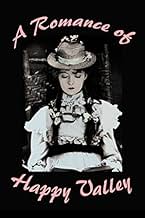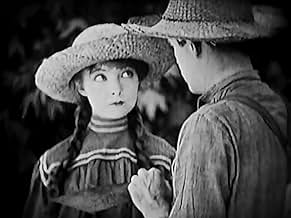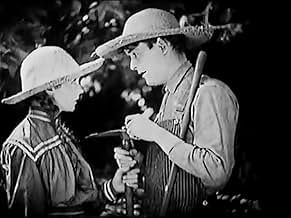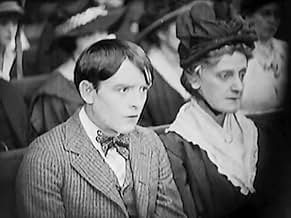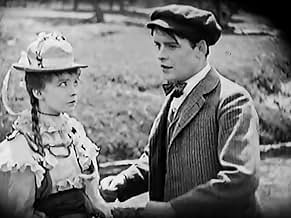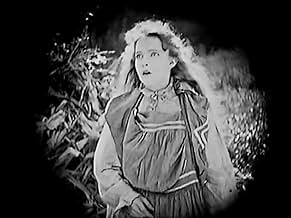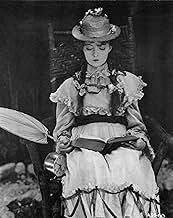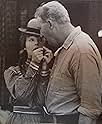For many years, this film was among a number of D. W. Griffith films from the 1918-1919 season which were considered irretrievably lost. In the 1970s it was discovered in the Gosmofilmfund in Russia, and through some complicated negotiations was acquired by the Museum of Modern Art in time for the Griffth centenary in 1975. Prints in English have the subtitles replaced, as the Russian print was subtitled in Ukrainian. The story is a simple one and personally close to Griffith's heart - a Kentucky lad, played by Robert Harron, is an inventor and hears of opportunity in New York. Although the townsfolk, his mother and father, and his sweetheart, played by Lillian Gish, all try to restrain him from leaving Happy Valley, he does so. In New York, the boy works tirelessly on his invention for eight years and resists a number of temptations. Little does he know that back home, his sweetheart is struggling with similar issues, and when the foreclosure notice comes on the family home, his father, whose opposition to the boy's departure to New York was particularly noisome, experiences a major crisis of temptation himself. The title card identifies this as a "Griffith Short Story" vehicle, and it plays like one of Griffith's Biograph shorts, only much longer. It is not one of his most technically accomplished films, and there are some uncomfortable racial characterizations, though nothing of the kind witnessed in "The Birth of a Nation." But it is a chamber movie, sort of a sketch for "True Heart Susie" and "Way Down East," rural stories told on a more ambitious scale. It contains much of Griffith's idealized vision of his childhood Kentucky, and the desperation of the father may have drawn to some extent on Griffth's own father's struggles late in life. Overall, it is a sweet, unpretentious little film which mean, and does, no harm to anyone. Not a major masterpiece, but an attractive film in a genre that was a Griffith specialty, local in orientation but universal in theme.

